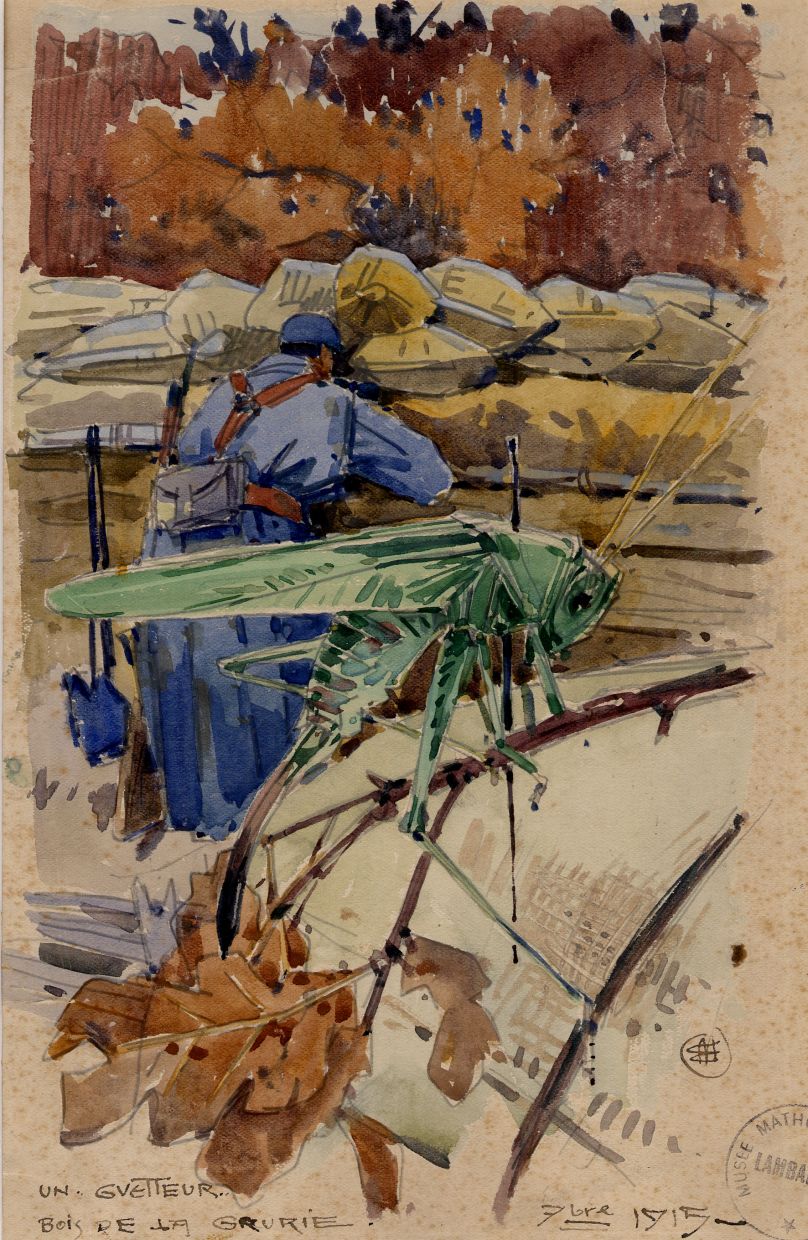
Literature has been a site of conflict in the cultural history of the First World War. In The Social Mission of English Criticism: 1848-1932 (1983), Chris Baldick demonstrated that when the relatively new university subject of literature (under the generic term “English”) was developing during the First World War, academics proclaimed that it was poetry which would save the nation. In 1919 the newly formed British Drama League aimed to bring about a lasting peace by promoting amateur dramatics nationwide.
The idea of poetry as a repository of the authentic experiences of the “trench” poets as lost warriors has contributed to an anglocentric perspective on the war and a reinforcement of poetry as the ultimate aesthetic form. Such a perspective, distilled in Paul Fussell, The Great War and Modern Memory (1975), was challenged by Claire Tylee, The Great War and Women’s Consciousness (1990) as well as Jay Winter, Sites of Memory, Sites of Mourning: The Great War in European Cultural History (1995).
This module draws on a wide and rich field of literature and literary criticism. It locates the literary engagements with the First World War in the global context of wartime responses and the wider reflection on the impact of war which reverberated through genres and literary and cultural movements.
Aims
This module aims to explore:
· a diverse range of literary writings of combatants and non-combatants during the First World War and subsequent literary representations of the conflict.
· the dominance of poetry as a genre associated with the First World War.
· the difficulties of representing the war on stage.
· the scope of the short story and the longer form of the novel in tackling the complex aspects of wartime experiences of trauma.
· the tendency of autobiographical forms to manage ideas of authenticity and intimacy by means of confession and testimony.
Learning Outcomes
1. Demonstrate an understanding of the effects of literary form in the representations of the diverse experiences of war;
2. Analyse the significance of literary engagements with the First World War by producing effective close readings of literary texts
3. Examine the global cultural contexts of writing, reading and performing representations of the First World War
4. Apply relevant theoretical approaches to the analysis of literary engagements with experiences of trauma, memory.
Syllabus
1. Literary Canons of the First World War: the problems with the “war poets”
2. Writing the war zone: letters, diaries and auto/biographical writings
3. Writing the home front: letters, diaries and auto/biographical writings
4. Memory, silence and trauma: the war novel
5. Theatres of war: drama and performance
6. Presentations: close readings on a topic from weeks 1-5
7. Sex, spies, drugs and dancing women: censorship and Defence of the Realm
8. War crimes
9. Propaganda and the Press
10. Landscapes of War
- Module Supervisor: Katharine Cockin